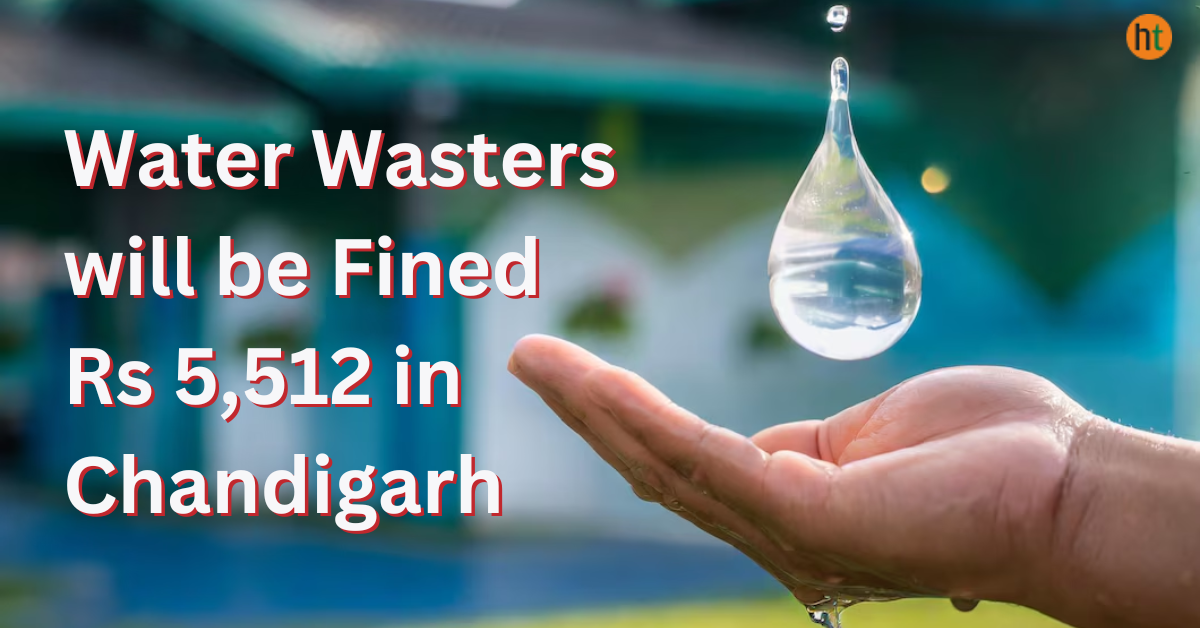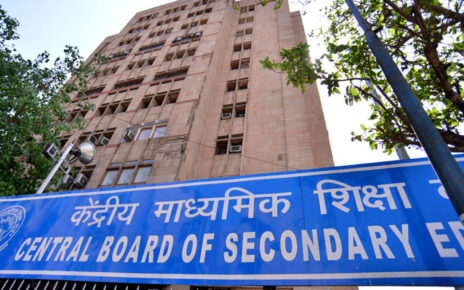With the arrival of the Summer Season on the horizon, the Chandigarh Municipal Corporation (MC) is taking a firm stance against water wastage. To conserve this precious resource, the MC has announced a strict enforcement drive penalizing residents who misuse water during morning hours, from April 15th to June 30th.
During this period the MC will be vigilantly monitoring water usage in the early hours of the day, targeting activities such as washing vehicles, watering lawns, and other nonessential uses that contribute to the depletion of the water reserves. To put a hold on these kinds of activities the MC has announced a significant increase in fines from the previous year, with violators facing a penalty of Rs 5,512 for each of the eight identified violations. These violations include washing vehicles and courtyards, watering lawns during morning hours, using booster pumps on the main water supply line, and various forms of water leakage and overflow.
To enforce these regulations effectively, MC will deploy dedicated teams to conduct inspections between 5:30 am and 9:00 am. These teams are authorized to issue challans (fines) upon identifying any of the listed violations for water misuse. Failure to pay the fines will result in the amount being added to the individual’s water bill, further emphasizing the seriousness of the offense and the need for prompt action.
The MC’s strategy extends beyond fines. Residents with overflowing overhead or underground tanks of leaking pipes will receive a 48-hour notice to rectify the issue. Failure to comply within the stipulated time frame will result in a fine but persistent offenders who disregard water conservation measures after receiving fines risk disconnection of their water connection.
While Chandigarh takes proactive measures for water conservation, neighboring cities such as Mohali and Panchkula are yet to implement similar measures. Mohali cites the ongoing Lok Sabha elections and model code of conduct as reasons for delaying the launch of the water waste management drive. Pankhkula’s Municipal Corporation and Haryana Shehri Vikas Pradhikaran (HSVP) are yet to initiate any water conservation campaigns. However, Mohali typically imposes a Rs 1,000 fine for the first offense, doubling it for the second. Persistent offenders in Mohali face water disconnection, with reconnection only upon a Rs 5,000 deposit.
Chandigarh’s water conservation drive serves as a crucial reminder of the importance of responsible water usage, especially during dry seasons. The hefty fines and potential disconnection of water connections highlight the seriousness of the issue. The success of this initiative hinges on public awareness and cooperation. By adopting simple water-saving practices and adhering to the MC’s regulations, Chandigarh residents can contribute significantly to preserving this vital resource.



